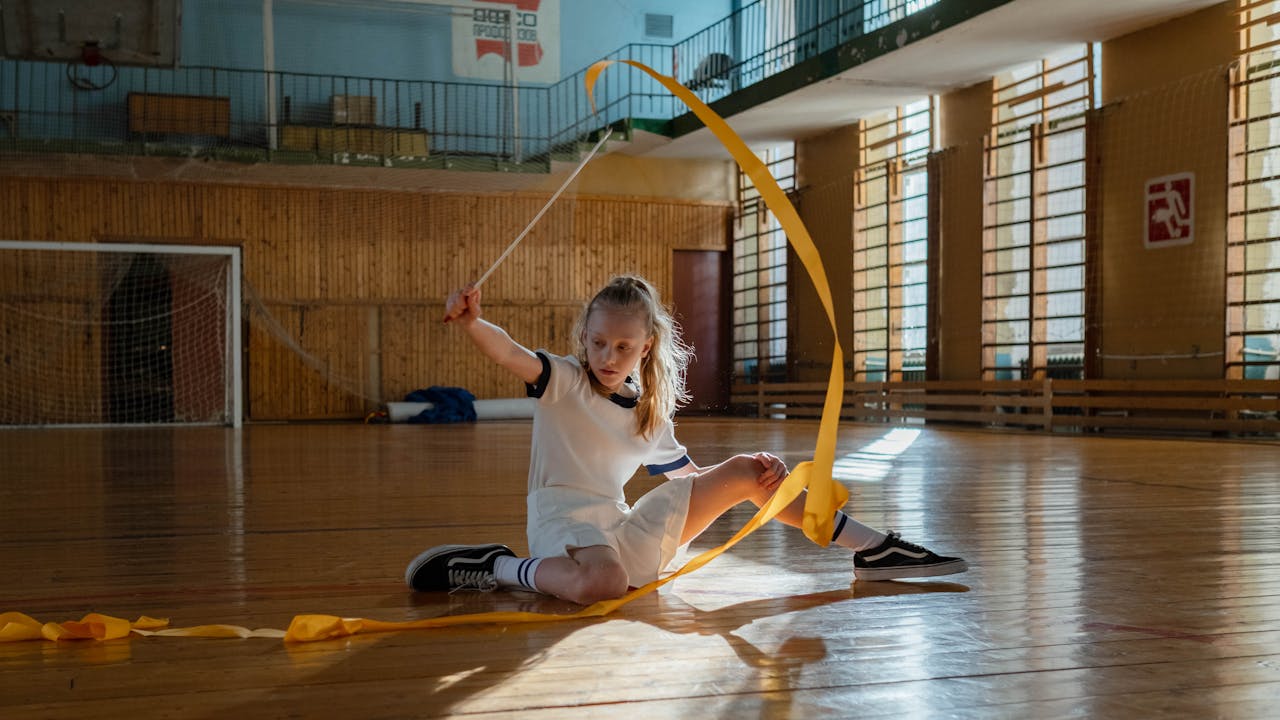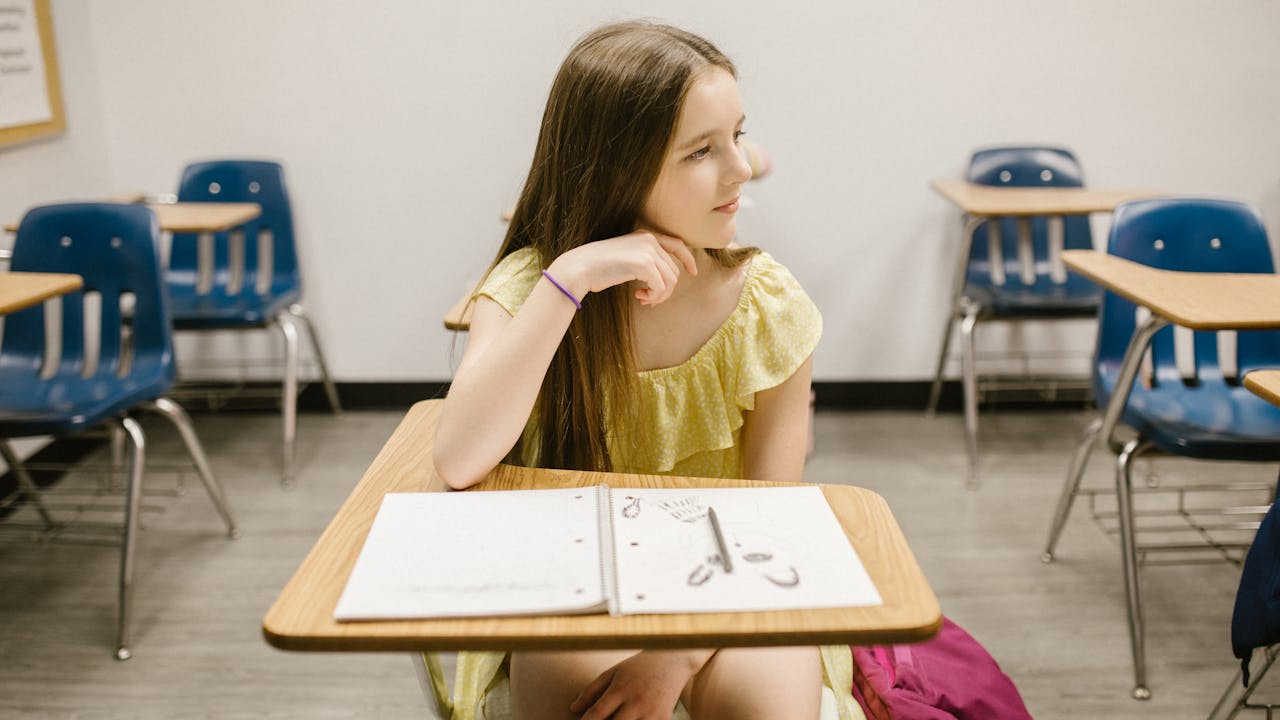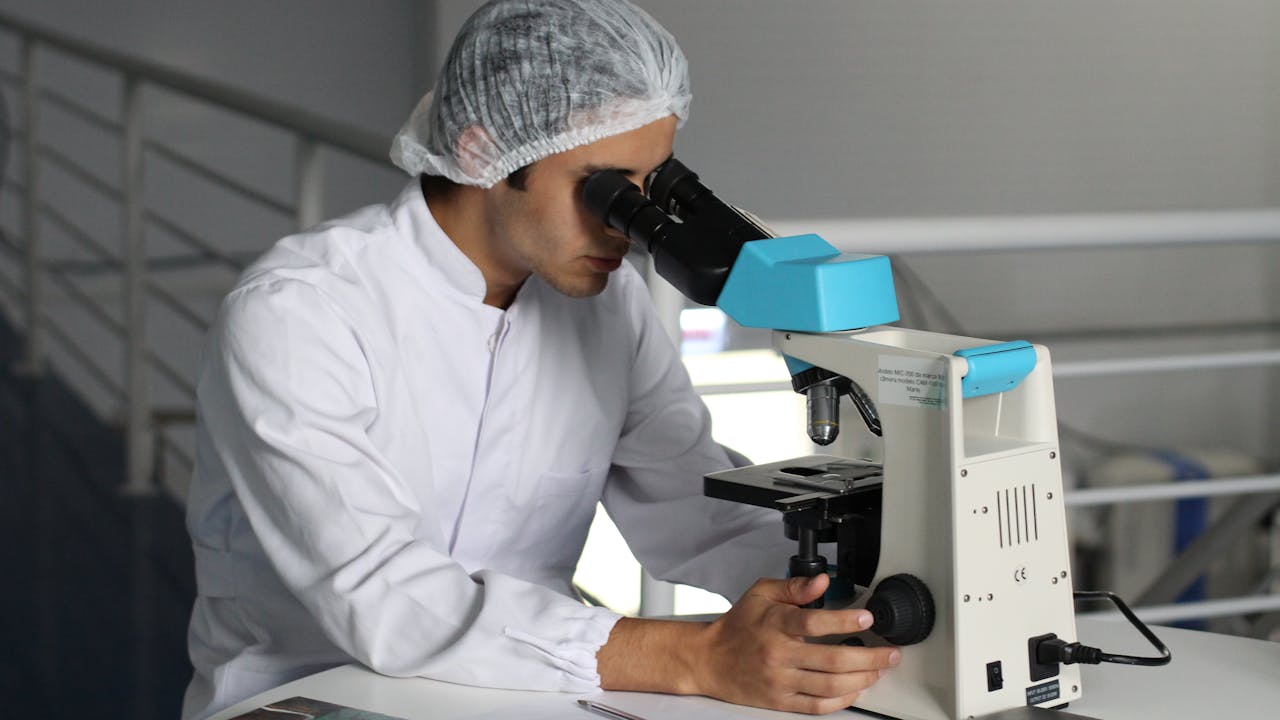Physical education stands as a fundamental pillar of education, playing a pivotal role in promoting physical fitness, mental well-being, and overall health. As society grapples with sedentary lifestyles and rising health concerns, the importance of physical education has never been more evident. Through this exploration, we delve into the essence of physical education, its impact on individuals and communities, and its role in fostering a culture of wellness.
Understanding Physical Education
Physical education encompasses a multifaceted approach to learning that promotes physical fitness, motor skills development, and healthy lifestyle habits. It encompasses a wide range of activities, including sports, games, fitness exercises, and outdoor recreation, tailored to the developmental needs and abilities of students. Through structured curriculum and hands-on experiences, physical education aims to empower individuals with the knowledge, skills, and motivation needed to lead active, healthy lives.
Promoting Physical Fitness
One of the primary objectives of physical education is to promote physical fitness and well-being. By engaging in regular physical activity, students develop cardiovascular endurance, muscular strength, flexibility, and coordination – all essential components of physical fitness. Through a variety of activities and exercises, physical education programs provide opportunities for students to explore different forms of movement and discover activities that they enjoy and can incorporate into their daily lives.
Fostering Mental and Emotional Well-being
Physical education goes beyond the physical realm, also contributing to mental and emotional well-being. Physical activity has been shown to reduce stress, improve mood, and enhance cognitive function, making it an essential component of a holistic approach to wellness. By providing opportunities for students to engage in physical activity, express themselves through movement, and develop social connections with peers, physical education plays a vital role in supporting mental and emotional health.
Developing Lifelong Healthy Habits
Central to the philosophy of physical education is the goal of developing lifelong healthy habits that extend beyond the classroom. By instilling values such as discipline, perseverance, and teamwork, physical education equips students with the skills and mindset needed to maintain an active lifestyle throughout their lives. Through positive experiences and exposure to a variety of physical activities, students develop the confidence and motivation to pursue physical fitness and well-being outside of school settings.
Building Social Skills and Relationships
Physical education provides a unique opportunity for students to develop social skills and build relationships through teamwork, collaboration, and sportsmanship. By participating in team sports, group activities, and cooperative games, students learn to communicate effectively, resolve conflicts, and work together towards common goals. These social experiences not only enhance the overall learning experience but also contribute to the development of important life skills that are essential for success in both personal and professional settings.
Addressing Health Disparities
Physical education also plays a crucial role in addressing health disparities and promoting equity in access to physical activity. By providing inclusive and adaptive physical education programs that accommodate diverse abilities and needs, schools can ensure that all students have the opportunity to participate in and benefit from physical education. Additionally, by incorporating culturally relevant activities and addressing social determinants of health, physical education can help reduce disparities in health outcomes among different population groups.
In conclusion, physical education serves as a cornerstone of education, nurturing health and well-being through physical activity, social interaction, and lifelong skill development. By promoting physical fitness, fostering mental and emotional well-being, and instilling lifelong healthy habits, physical education empowers individuals to lead active, fulfilling lives. Through continued investment and commitment to quality physical education programs, we can unlock the full potential of physical education to create a healthier, more vibrant society.




